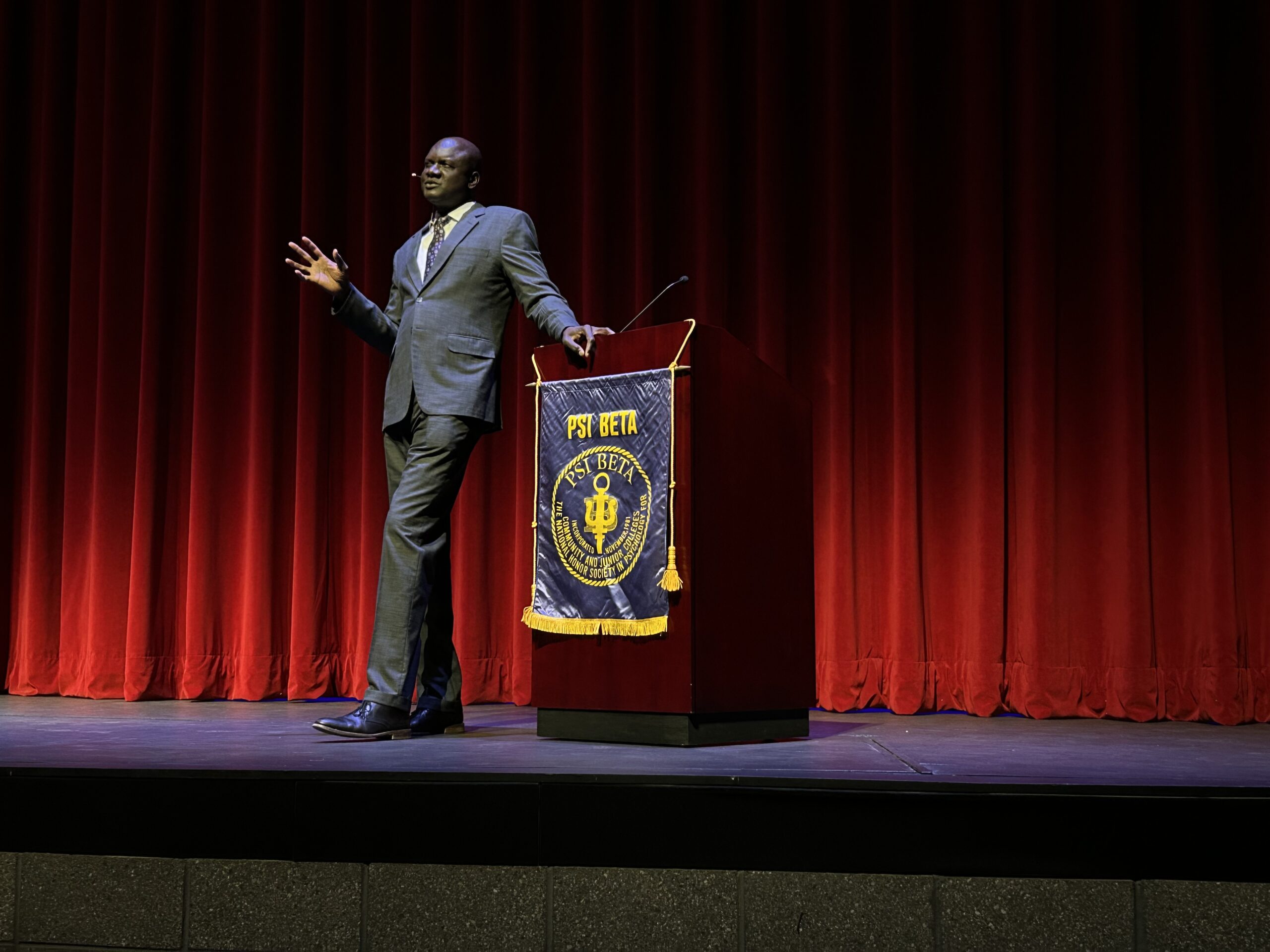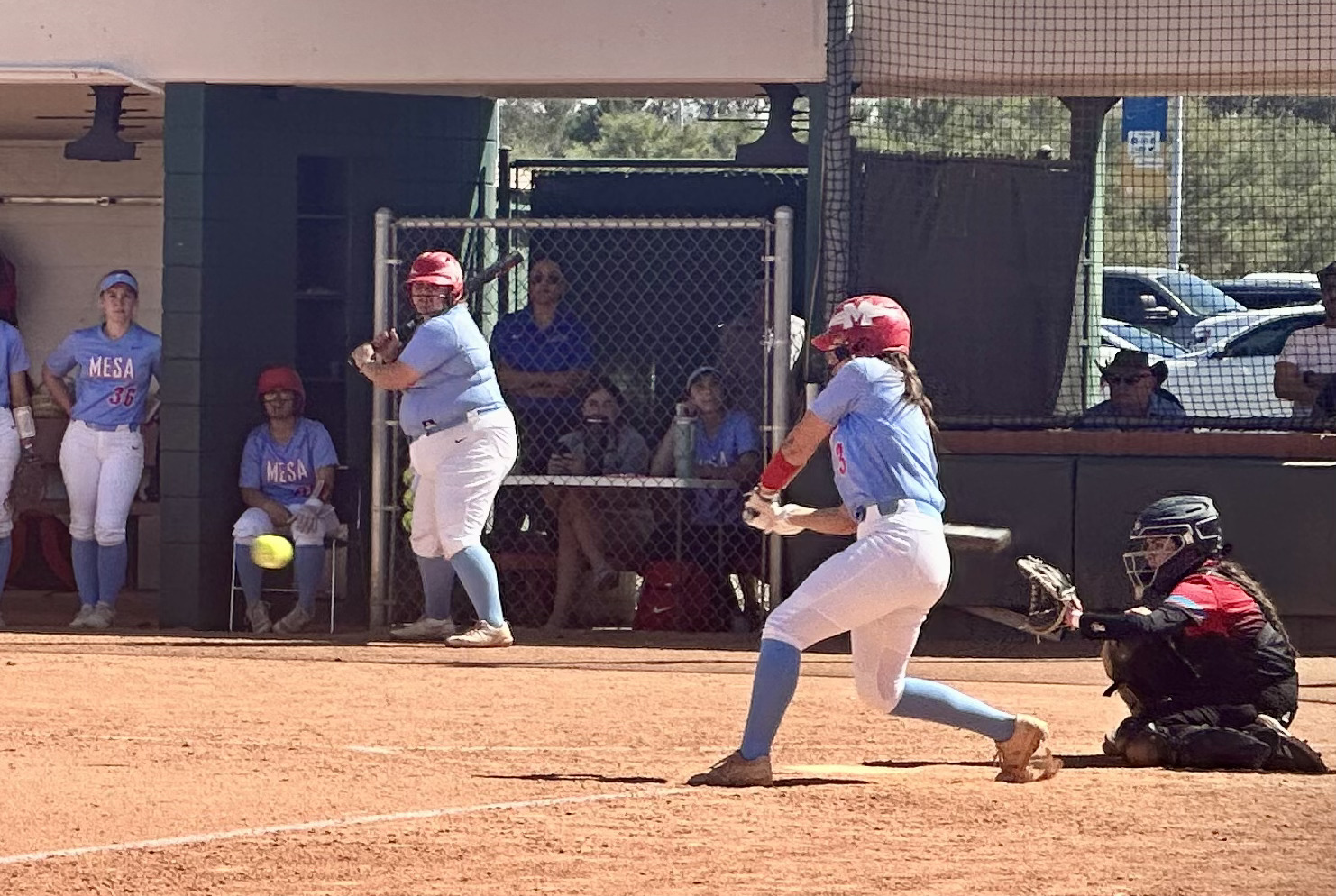Super Bowl hype won’t dismiss worst NFL season

Mesa Legend
“I get really depressed when football season ends” said Arizona native and singer Jordin Sparks in a recent radio interview. “What do I do (now) on Sundays?” Many share these sentiments as America’s new religion went out of service for the next seven months this past Sunday in Glendale. The NFL’s popularity seems to be at an all time high. Everyone, including the elderly and an increasing amount of females like Sparks, have “their” team that they fervently support. The league is even expanding to global markets like Brazil and Germany.
While it was definitely exciting to witness Arizona transform into the entertainment center of the world for the biggest event, the celebrations around this “Super Bowl” just weren’t super enough to flush out all the occurrences that made it the worst season ever for the league’s image. Commissioner Roger Goodell would like us to, but I think it’s important we don’t forget the two main issues the league faced that tell us not only about the dangers caused by the game’s physical nature, but also about the cruel system of patriarchy.
We first learned of a definite link between football and traumatic brain injury. In a study reported by PBS, researchers examined the brains of 79 deceased NFL players and discovered 76 of them had the degenerative brain disease known in short as CTE. It is believed that this may have been the cause of irrational behavior carried out by players, some of whom took their own lives and others. Then, just as this was beginning to awake in the public’s consciousness, a sudden stream of domestic violence arrests dominated the NFL’s headlines for months. Most notably the ones involving running backs Ray Rice and Adrian Peterson.
The tough persona praised by the entire culture for inflicting pain and dominance over each other on the field, obviously doesn’t just end there. What made this all the worst, was Goodell and his “league of denial” proving in each of these situations that protecting “the shield” and all the millions of dollars behind it, matter more than the lives of women, children, and their own players. If pro-football really is the opiate of the masses. I think it’s time we at least take a step back and see that the drug is an unhealthy one. And the dealer can give a damn how many of us die from it.









